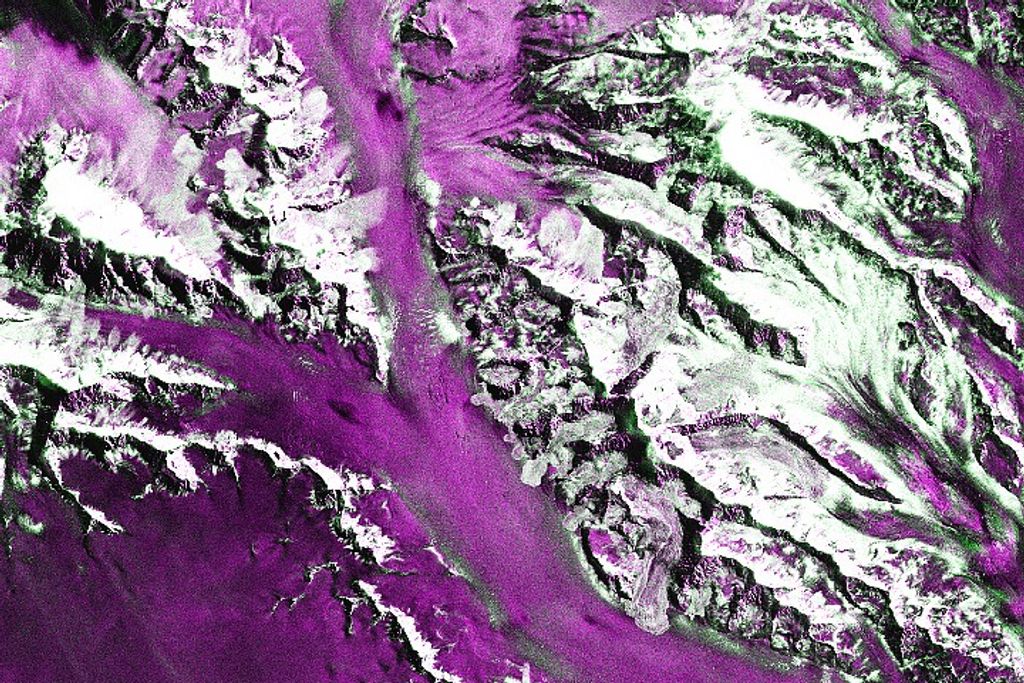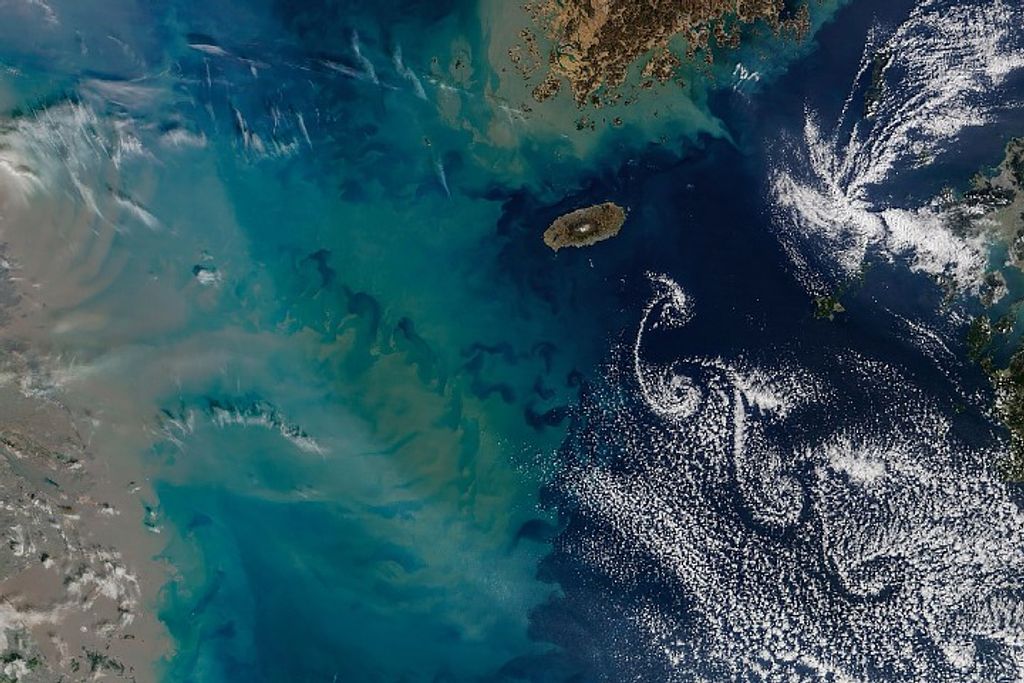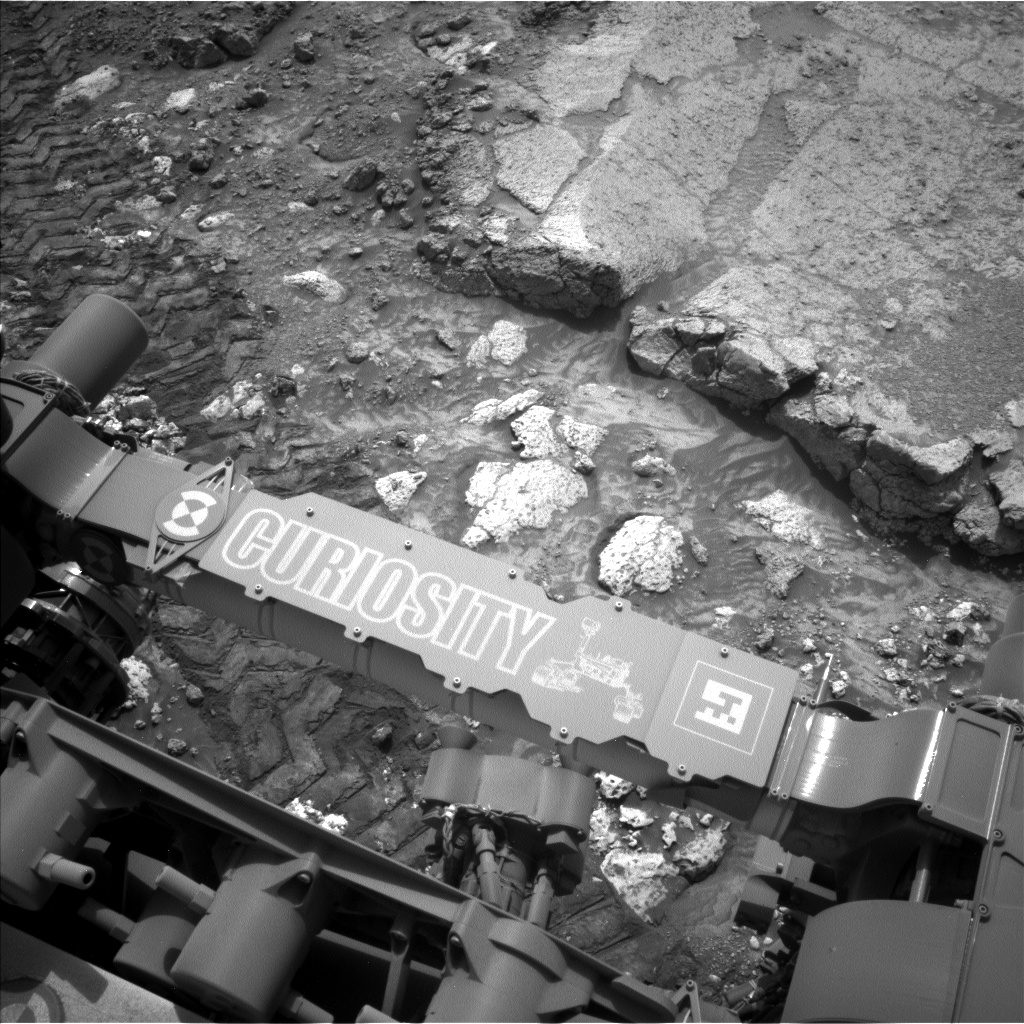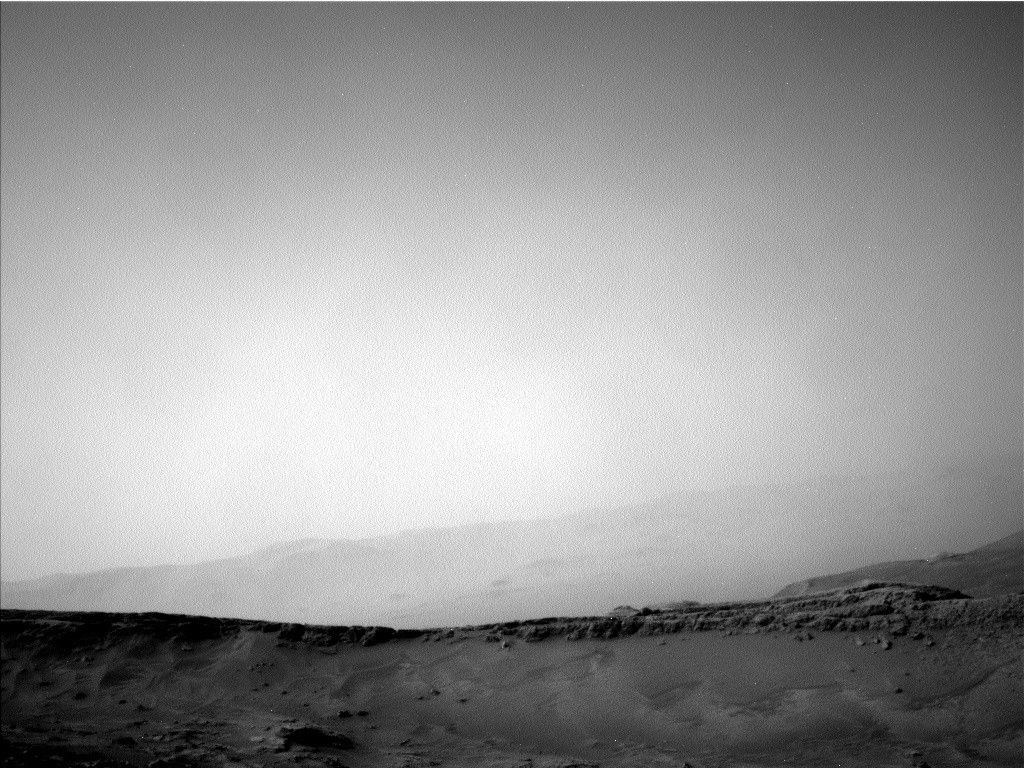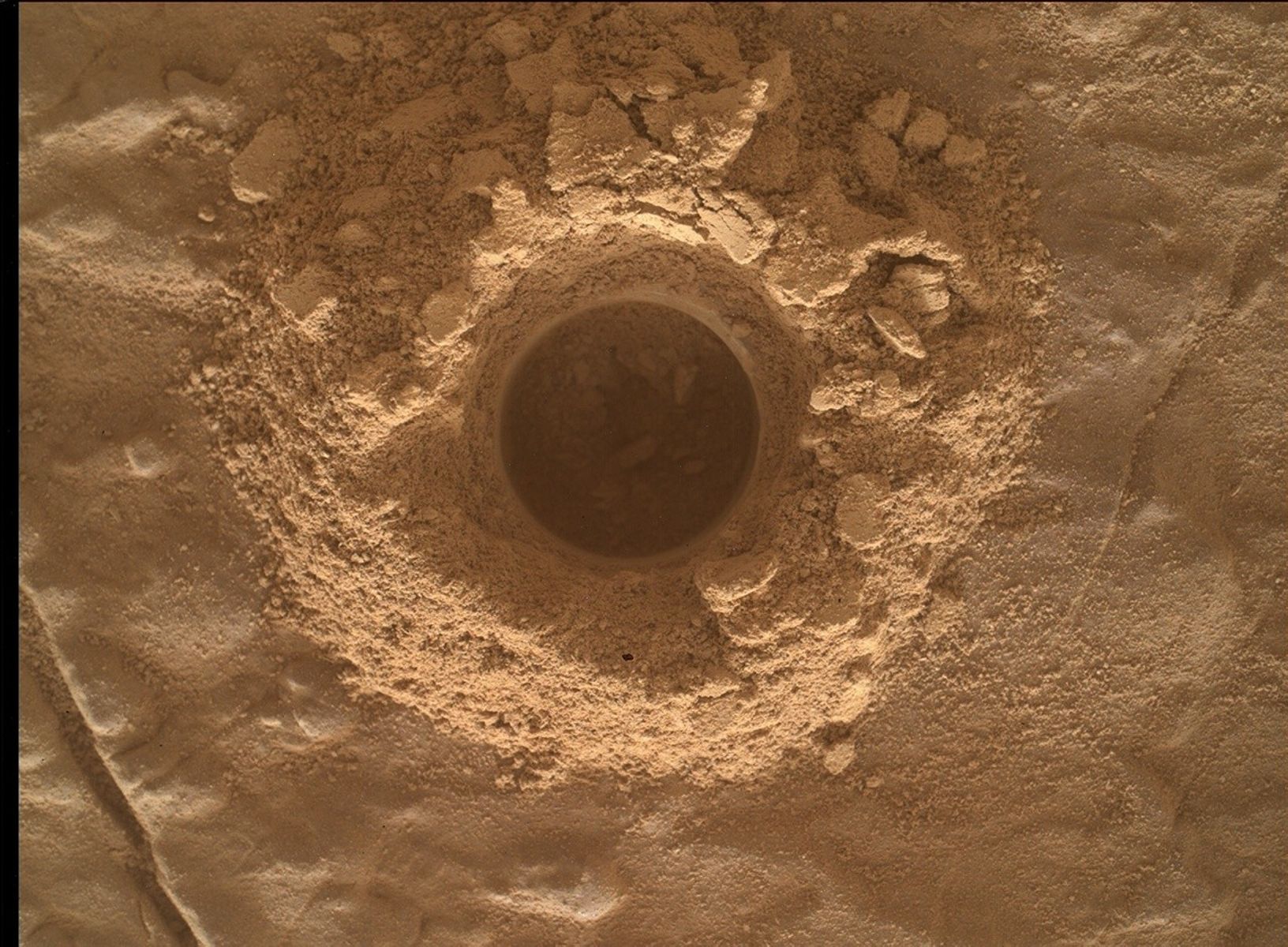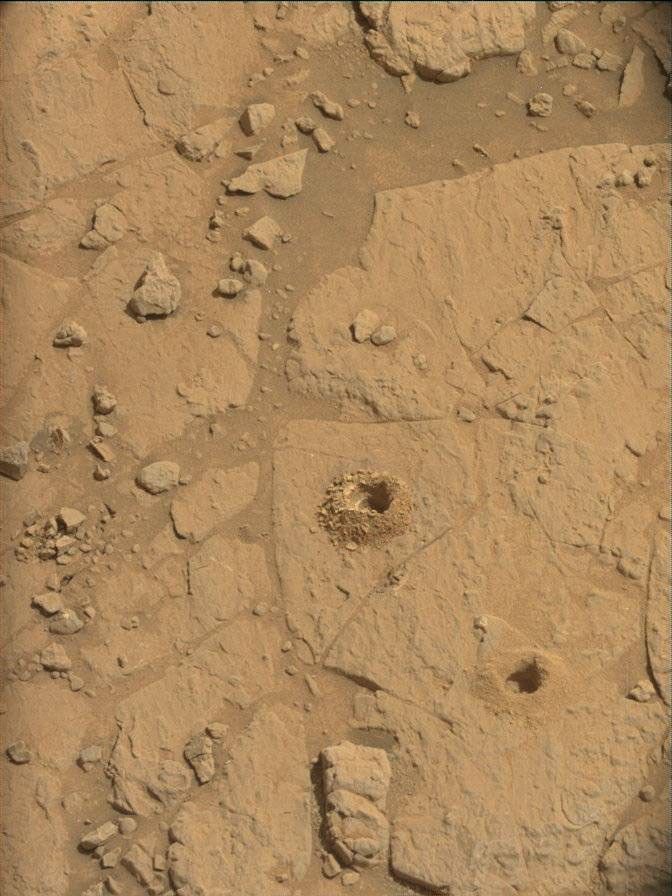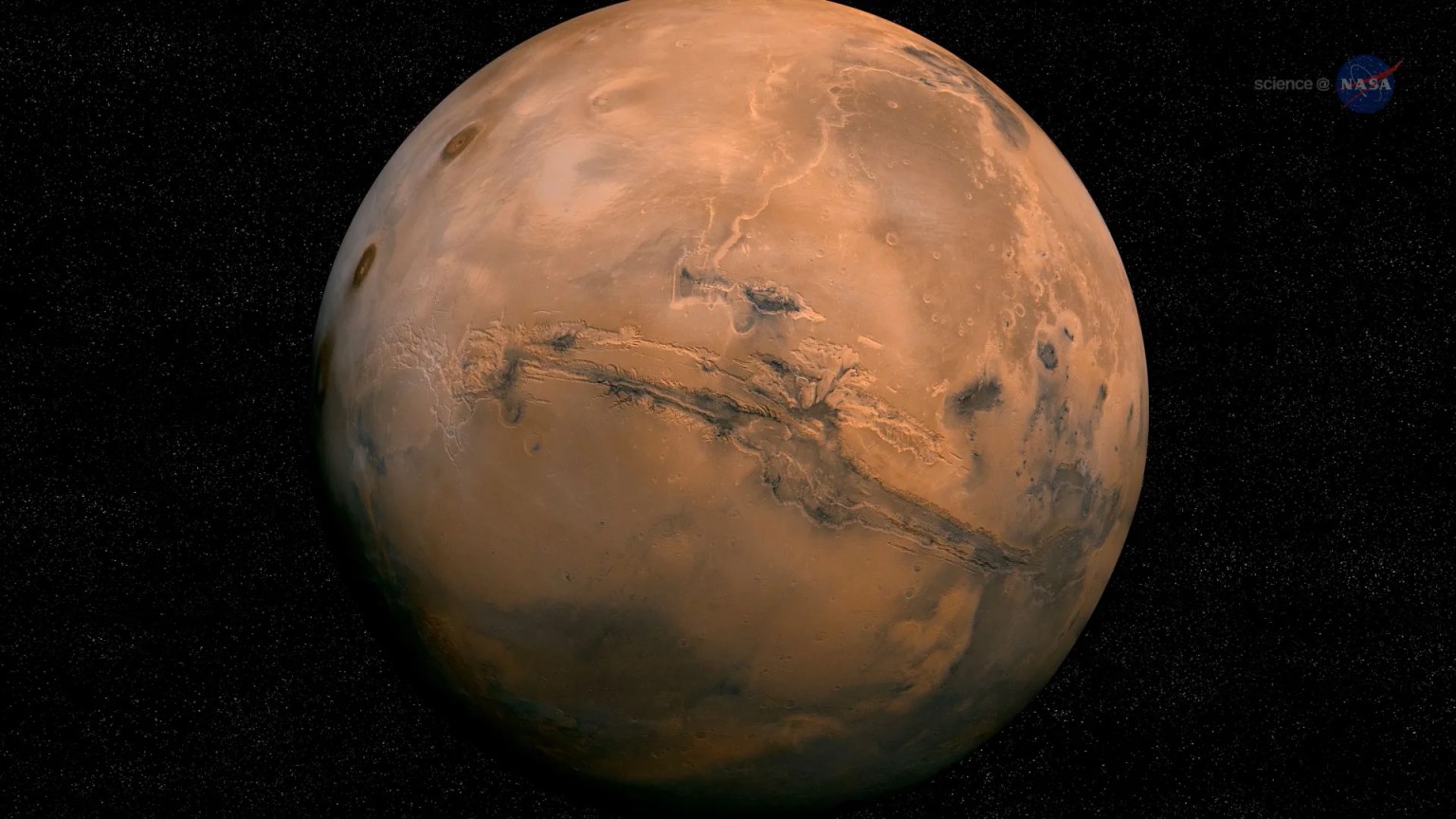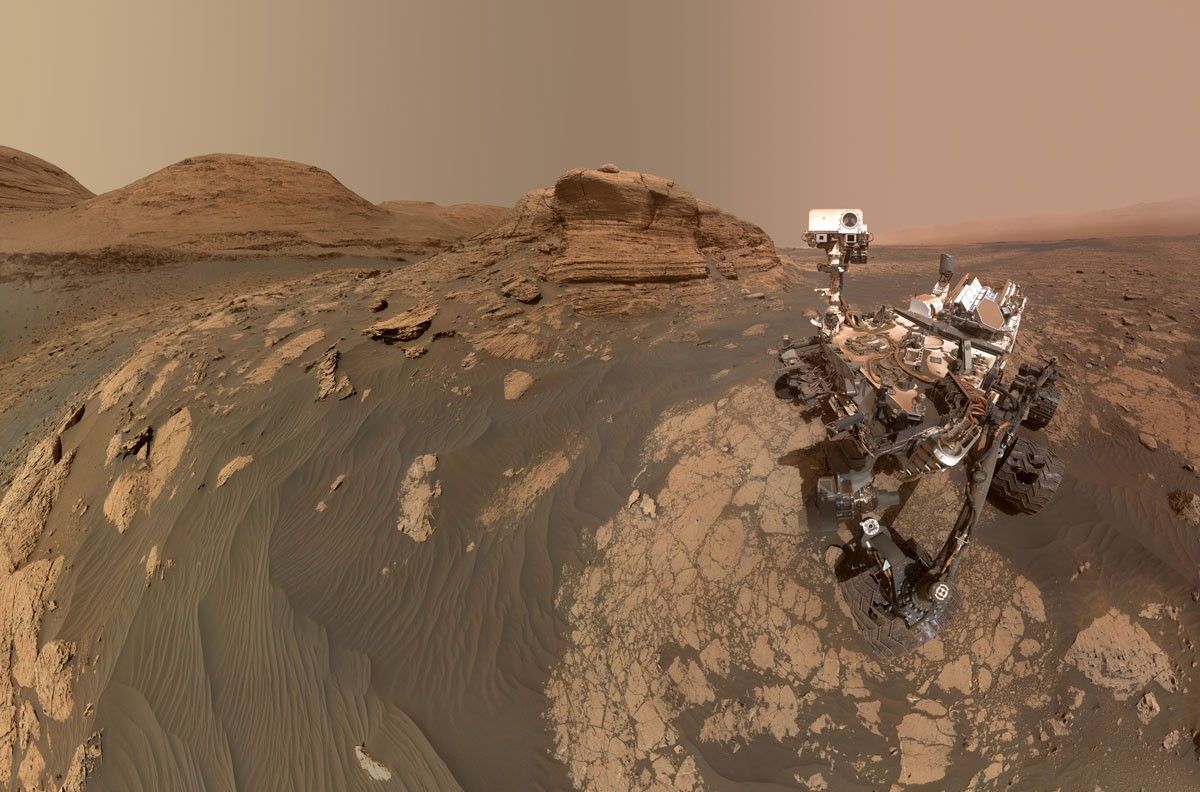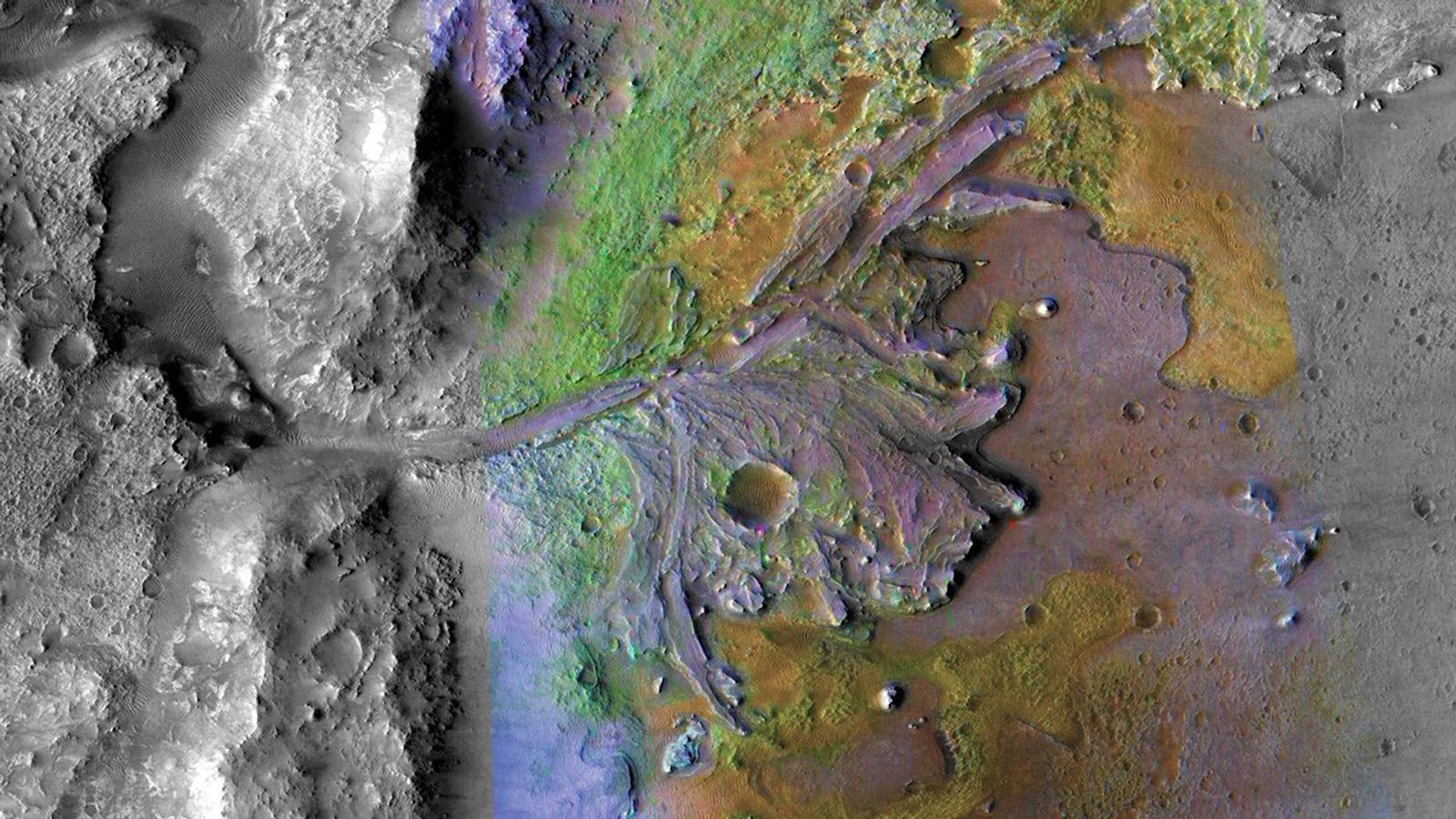Earth planning date: Friday, May 31, 2024
Our most recent drive delivered us, as planned, right alongside ‘Whitebark Pass.’ This last drive was only about 9 metres, but Curiosity has been doing a lot of travelling lately and this weekend we’re giving the rover a well-deserved break from driving – but not a break from science! There’s a lot to see at our current location, so we made the decision to stick around a while to take it all in.
The lighter-toned rocks like those of Whitebark pass, which you can see above, are scattered all throughout our workspace and are getting the majority of our attention. The advantage of a nice long weekend plan with no driving is that we have plenty of time to get in contact science, with MAHLI and APXS getting up close with two targets called ‘Gray Peak’ and ‘Snow Lakes.’ ChemCam is joining in with three LIBS targets, ‘Beck Lakes,’ ‘Ten Lakes,’ and ‘Pohono Bridge.’ Mastcam is also taking two large mosaics of Whitebark Pass, looking more at the general topography and texture of the feature as a whole. There’s more than light-toned rocks in this area though – Mastcam will also be taking a look at some nearby bedrock along the channel wall.
Rocks aren’t the only features of interest here. The drive also put us right next to a rippled sand patch, which we’re taking a look at with both Mastcam and Navcam. Aside from that, the Environmental theme group is taking advantage of staying put this weekend with some of our regular activities, including a number of tau and line of sight observations to look at dust in the atmosphere, a dust devil survey to scan for dust lifting, and several cloud movies. We also have our bi-weekly ChemCam passive sky observation, which gives us an idea of the abundances of oxygen and water vapour in the atmosphere.
Written by Alex Innanen, Atmospheric Scientist at York University









